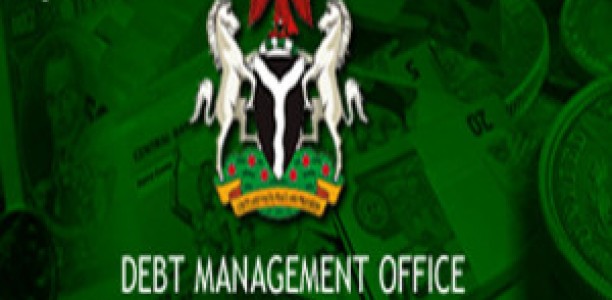The Debt Management Office (DMO) has revised its bond issuance calendar for the first quarter of this year and is set to issue two new bonds this month with 15 years and 30 years tenure, cutting the amount it plans to raise by more than N100 billion.
According to the revised version, it plans to raise way less than the initial plan through two new issues and one reopening. In the initial calendar that was issued in January this year, the DMO had planned to raise between N140 and N170 billion in the March bond offer through reopening of the five year, 10-year and 30-year papers.
With the revised version of the bond issuance calendar, the DMO will on March 22, 2020 raise between N30 billion and N60 billion through the reopening of the 5-year bond and new issues of a 15-year and a 30-year bond.
According to the calendar, it plans to raise between N10 billion and N20 billion from each of the issuance. Investors interest in the Federal Government Bonds had spiked following the Central Bank of Nigeria (CBN) policy on Treasury Bill’s and the DMO had raised more than it planned to through the first two bond auctions held in the year.
In January this year, the DMO had raised N411.82 billion from the 5-, 10- and 30-year papers compared to N155 billion which it initially planned to raise. Subscription at the January auction for the tree bonds had totalled N624.5 billion with the longer tenured bonds catching more attention. Of this figure, the 5-year bond had a subscription level of N80.75 billion and only N29.3 billion had been allocated.
Last month, subscription level had waned as total bids on the three bonds amounted to N398.2 billion. As against the N140 billion which the DMO had initially planned on raising, it had allocated N160 billion at the February bond auction.
The review of the bond issuance calendar is coming after the Minister of Finance, Zainab Ahmed announced on Monday that the Federal Government will be cutting down on its budget this year to make up for the expected shortfall in oil revenue.
The price of crude at the international market had crashed below the $35 per barrel price spiking fears that the Nigerian government which earns most of its revenue from oil may not be able to meet budget expectations this year. Oil price had been pegged at $57pb in the 2020 N10 trillion budget.
Analysts say the government may be forced to borrow money to meet budget expectations. Head of Research at United Capital, Wale Olusi noted that the oil price crash will mean a fall in the revenue for the country and the country may need to borrow more than the initial plan to be able to execute the budget.
According to him, the crash in oil price “means that oil revenue will drop by 40 per cent and it means we won’t be able to properly execute budget of N10 trillion except we increase borrowing beyond the initial plan because the extra 40 per cent decline has to come from somewhere. If we don’t borrow, the budget automatically will not be able to be executed 100 per cent which simply means that some of the capital projects will go unimplemented.
“Most of the time recurrent expenditure will be implemented because people have to get paid their salaries and debt servicing obligations have to be met. Most of the time it is capital projects that get abandoned.”
This view was also shared by the managing director and chief executive of Cowry Assets Management, Johnson Chukwu who noted that the prognosis is not good for the country.
He said the revenue will be severely affected to the extent that “it will be difficult for the government to meet recurrent expenditure talk less of capital expenditure” if oil prices remain at the low level.


